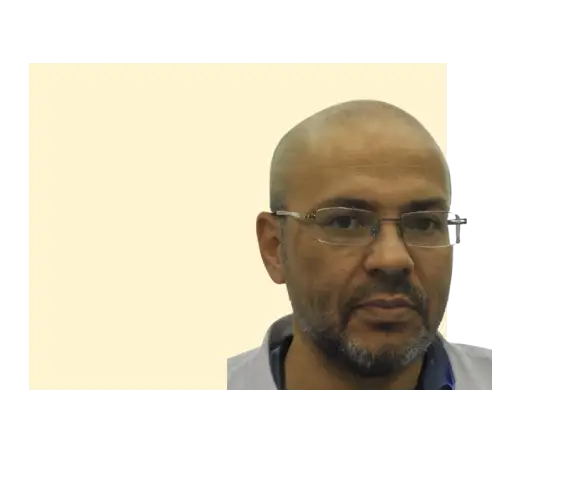Additional Content:
More in-depth study of core topics. Assessment: Internal Assessment (IA): Individual investigation. External Assessments: Exams covering core and optional topics. Emphasis for Both Levels: Conceptual Understanding: Grasping fundamental principles of physics. Experimental Skills: Developing practical and analytical skills.
Top Online Tutors Middle East for IGCSE Maths

IGCSE Maths
IGCSE Mathematics Online Tutoring Middle East: Cambridge & Edexcel
The IGCSE Maths curriculum is designed to build a strong foundation in mathematical principles. It develops a student's ability to reason logically, solve problems, and apply mathematical knowledge to everyday situations. Success at this level requires not just memorising formulas, but understanding how and when to apply them—a crucial skill for A-Levels, IB, and beyond.
We provide structured, 1-on-1 online tutoring tailored to the IGCSE Maths syllabus (both Cambridge and Edexcel). Our tutors break down challenging topics into clear, manageable steps, provide extensive practice with past papers, and show students how to structure their answers to earn maximum marks.
Whether the goal is to secure a top grade (A*), move from the Core to the Extended tier, or simply build lasting confidence in maths—our tutoring helps you get there, one session at a time.
Book a Tutor Now
Topics Covered
1. Number and Algebra:
- Integers, fractions, and decimals.
- Indices, standard form, and sequences.
- Solving linear and quadratic equations and inequalities.
- Algebraic manipulation and formulae.
2. Functions and Graphs:
- Properties and notation of functions.
- Coordinate geometry of straight lines.
- Drawing and interpreting graphs, including quadratics and cubics.
- Graphical solution of equations.
3. Geometry and Mensuration:
- Properties of 2D and 3D shapes.
- Calculating perimeter, area, and volume.
- Symmetry, similarity, and congruence.
- Circle theorems and their applications.
4. Trigonometry and Vectors:
- Right-angled trigonometry (SOHCAHTOA).
- Sine and cosine rules for non-right-angled triangles.
- Vector operations and geometric problems.
- Transformations: reflection, rotation, translation, enlargement.
5. Statistics and Probability:
- Data handling and representation (histograms, cumulative frequency).
- Calculating averages and spread.
- Understanding and calculating probability.
Additional Content:
More in-depth study of core topics.
Assessment:
Internal Assessment (IA): Individual investigation. External Assessments: Exams covering core and optional topics.
Emphasis for Both Levels: Conceptual Understanding: Grasping fundamental principles of physics.
Experimental Skills: Developing practical and analytical skills. Application: Applying physics concepts to real-world situations.

 United Kingdom
United Kingdom Australia
Australia Middle East
Middle East United States
United States Europe
Europe Canada
Canada







